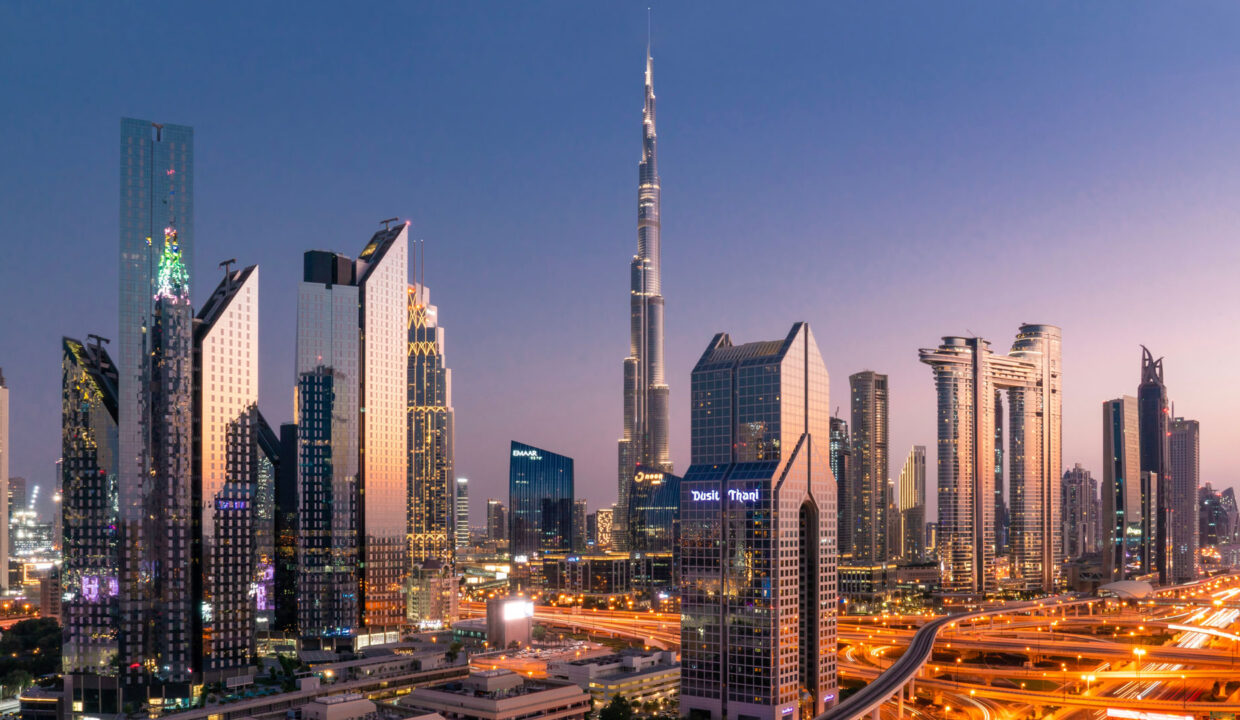
When buying property in Dubai, there are rules and systems in place to protect buyers, sellers, and developers. One of the most important systems is Oqood, an online registration system created by the Dubai Land Department (DLD) and managed by the Real Estate Regulatory Agency (RERA).
In this blog, LEOS Developments takes you through everything you need to know about Oqood in Dubai and how it protects buyers in off-plan property transactions.
What is Oqood?
The word “Oqood” means “contracts” in Arabic. It is an online system by the Dubai Land Department that registers off-plan property sales. This ensures every transaction is legal, transparent, and protected, giving buyers proof of ownership and safeguarding their investment until the project is completed.
Why Oqood Is Important in Dubai’s Property Market?
Dubai’s real estate sector is one of the fastest-growing in the world, attracting both local and international investors. With so many off-plan projects being launched, it has become essential to have a system that guarantees fairness, security, and transparency in every transaction. Oqood was introduced to fill this need, acting as a safeguard for buyers, sellers, and developers.
For Buyers:
For Developers and Sellers:
For the Market:
Who Uses Oqood?
Developers/Sellers:
Buyers:
Off-plan property owners:
Brokers:
How Oqood Works?
Developer Registers the Project:
Contract Registration:
Payments and Updates:
Ownership Record:
Resale Transactions:
If the property is sold before completion, Oqood updates the records to reflect the new buyer’s details. This prevents duplicate or fraudulent sales.
Because Oqood is fully connected to DLD’s central database, every step is official, accurate, and protected by law. This means fewer disputes, more trust, and complete clarity for everyone involved.
Benefits of Oqood
Transparency:
Buyer Protection:
Fraud Prevention:
Paperwork Reduction:
Oqood Fee and Costs
Registration Fees
When buying an off-plan property in Dubai, registering the purchase through the Dubai Land Department’s system is mandatory. The DLD registration fee is 4% of the property’s purchase price, calculated based on the agreed value and payable during the registration process.
Upon paying the 4% registration fee, buyers can receive their Oqood certificate, which also incurs:
Administrative Charges
Knowledge and Innovation Fees
Small fixed fees of around AED 10–20 per transaction, supporting Dubai Land Department initiatives.
This registration process ensures that your property purchase is legal, transparent, and protected under Dubai’s real estate regulations.
Who Pays Oqood Costs?
Oqood vs Title Deed
Oqood:
Title Deed:
This is the final ownership document you receive once the property is completed and handed over. It proves that you are the full owner and gives you the right to sell, rent, or mortgage the property freely.
In short, Oqood protects you during construction, while the Title Deed confirms your complete ownership after completion. Together, they make sure your investment is safe at every stage.
How to Check Your Oqood?
DLD Website:
Dubai REST App:
Through Developers:
Customer Happiness Centers:
Call Center / Helpline:
The DLD helpline can guide you on checking your registration status and resolving any issues.
By using these methods, buyers can easily confirm that their property is registered, ensuring their investment is legally protected.
Conclusion
Oqood is an important system that keeps Dubai’s property market safe, fair, and transparent. It protects buyers, helps developers follow the rules, and makes sure all sales are officially recorded.
If you’re buying an off-plan property in Dubai, make sure your Oqood is registered; it’s your proof of ownership until you receive the Title Deed.
